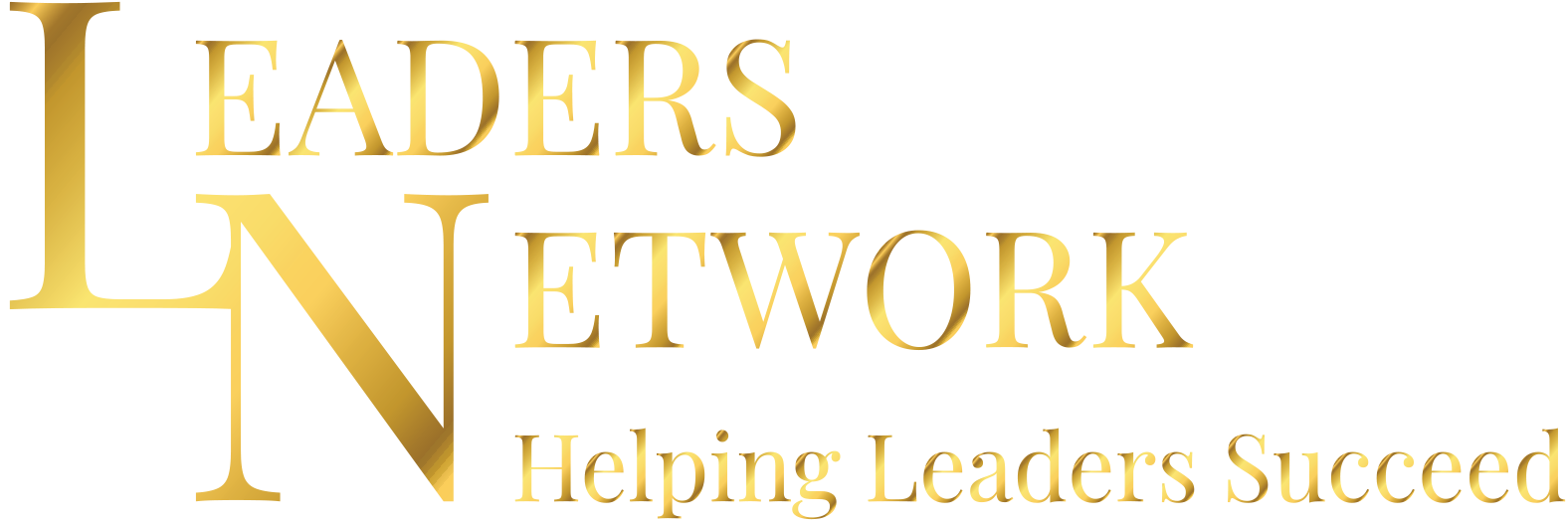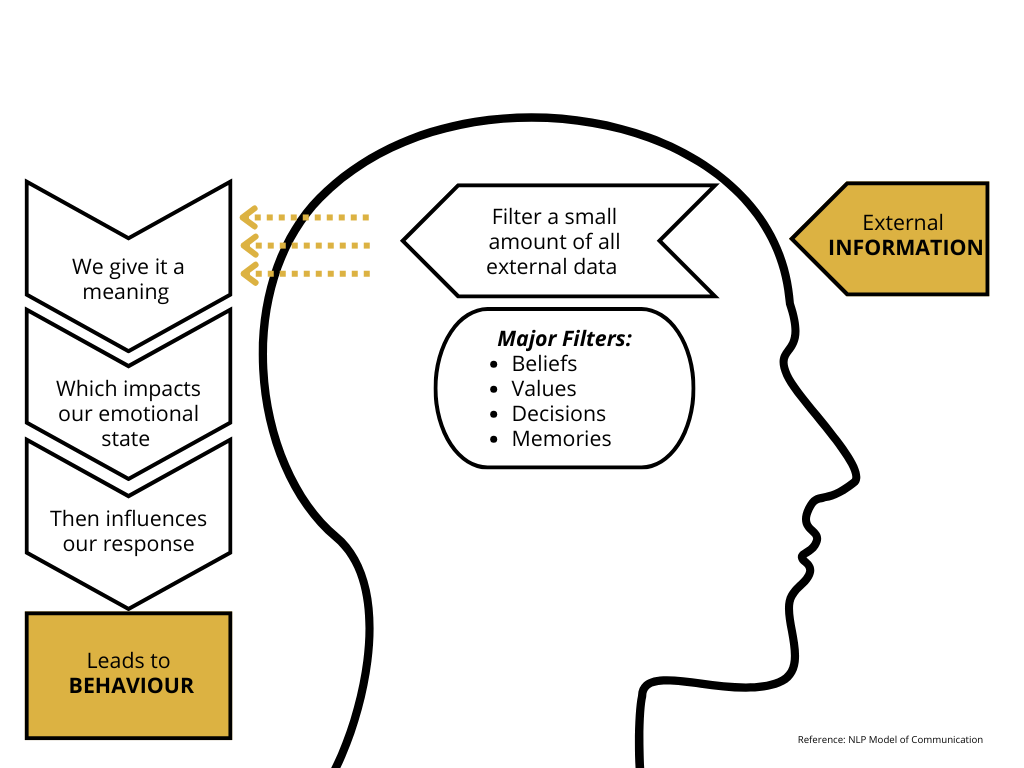Energy Speaks Louder Than Words
Effective communication as a leader, speaker, and entrepreneur is essential for successful relationships and engagement.

Have you ever encountered a conversation where you wish the other person would get to the point? You might attend an event on a topic that greatly interests you, but the presenter delivers their message in a way that doesn’t resonate with you.
We all vary in how we deliver and receive messages. Some may be more visual, needing pictures to bring the message to life, while others may be more kinaesthetic and require the speaker to connect and be present. You might be more auditory, needing to hear the words or seeking more detail.
“To effectively communicate, we must realise that we are all different in the way we perceive the world and use this understanding as a guide to our communication with others.” Tony Robbins
Conversations can inspire, uplift, or frustrate us at any moment. In one-on-one discussions, this effect can be especially pronounced. Imagine you are at a public speaking event. Have you ever experienced a time when you felt a strong connection and enthusiasm for learning more, only to find yourself checking your emails or dozing off instead of engaging, even though the topic interests you? Tony Robbins, the best life and wealth coach in the world, states, “To effectively communicate, we must realise that we are all different in the way we perceive the world and use this understanding as a guide to our communication with others.”
Less is more
In communication, less is more. But what does this mean? It means different things to different people, so how can anyone communicating ever get it right for everyone they speak with? The answer is that they can only get it right sometimes. However, by being aware of your communication style and, more importantly, the other person's communication style, it is possible to have an impact and convey your message more effectively.
Communicating involves more than just words. In fact, words are the least important aspect of effective communication. Albert Mehrabian, a researcher in body language, was the first to analyse the components of face-to-face conversation. He discovered that communication consists of 55% nonverbal cues, 38% vocal elements, and only 7% words. However, this study aimed to compare facial and vocal components to explain a person’s attitude. Mehrabian found that when there are inconsistencies between verbal and nonverbal messages, body language prevails in conveying the intended message. So, is 90% of communication nonverbal? No, while information is indeed shared verbally, body language and facial expressions significantly influence how information is interpreted during face-to-face interactions.
We are all different
We all have different behavioural energies, which play an important role in communication. If you want to be an effective communicator, understand that it’s not just your own communication style that matters. To effectively convey your message, it's also essential to grasp how the person you are communicating with processes information. This is due to the various behavioural energies we each possess. This complexity grows when addressing a room full of people, as it's likely that a multitude of different energy types exists in the audience. So, how can you communicate effectively to everyone?
There are four primary behavioural energy levels, commonly referred to as DISC. While it is rare for anyone to embody only one of these levels, it can happen. Most individuals display a combination of at least two or three behavioural levels, with one acting as the lead energy. This lead energy profoundly influences our preferred communication style and how we choose to interact with others.
D - Dominance Energy
The highest behavioural energy level is called Dominance. Individuals with dominance as their primary energy embody the 'hunter' archetype. They are self-confident, competitive, and demanding. In communication, they tend to be direct, speak more than listen, and project authority. When receiving communication, they may be impatient, show a lack of empathy, and occasionally interrupt.
I - Influence Energy
The second highest energy level, Influence, embodies the 'entertainer' archetype. These individuals are social, inspiring, and talkative, with a high emotional intelligence. In their communication, they are passionate, enjoy having fun, and seek to uplift others. When they receive communication, they appreciate informality, humour, and emotional depth.
S - Steadiness Energy
The third highest energy level is known as Steadiness. Individuals with Steadiness as their primary energy embody the 'mother' archetype. They enjoy engaging in activities with others and are calm and caring. They listen more than speak in their communication, exhibiting a consultative and warm demeanour. When receiving communication, they value sincerity, logic, and gratitude.
C - Compliance Energy
The fourth energy level is Compliance, representing the 'technician' archetype. Individuals in this group value precision, discipline, and formality. Their communication style is orderly, diplomatic, and task-oriented. When receiving information, they require clarity and detail and prefer to ask questions for further understanding.
To sum up
When you understand your behavioural energy style and its associated characteristics, you will begin to notice it in others, especially during one-on-one conversations. This insight is compelling for leaders, business owners with teams, and entrepreneurs who engage with clients. When addressing a larger audience, recognising the different behavioural energy types allows for varied content delivery that caters to diverse individuals, which can be quite enjoyable!
If you want to understand your leadership behavioural energy style, book a Free Strategy Session.





